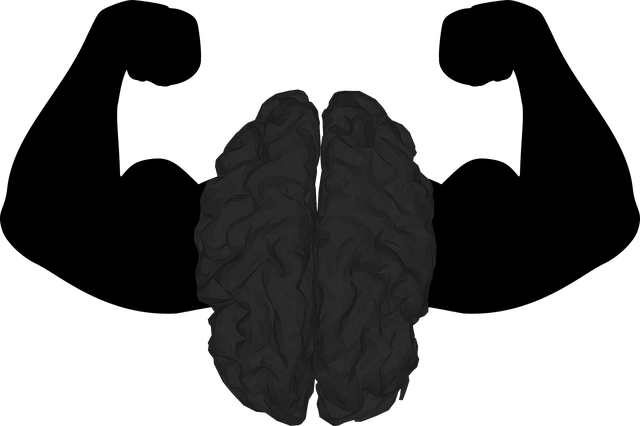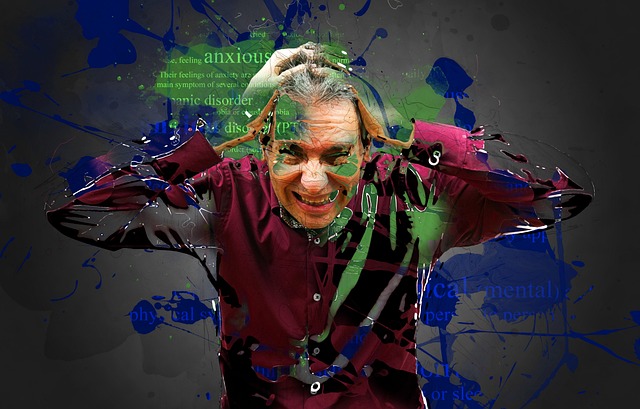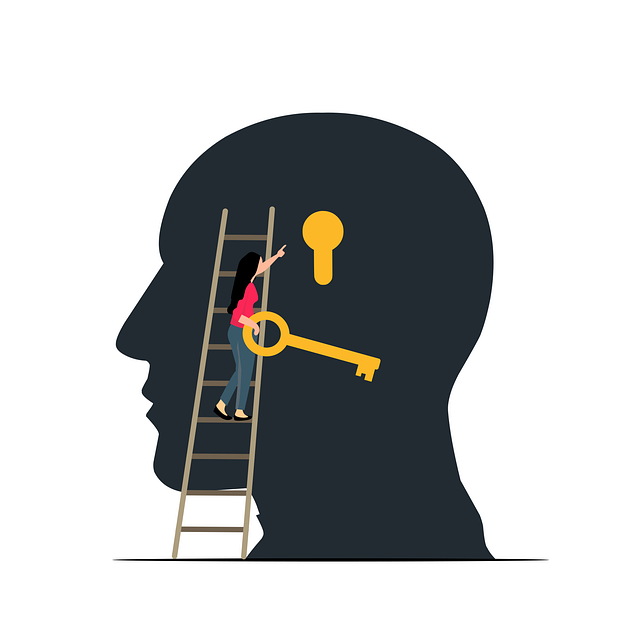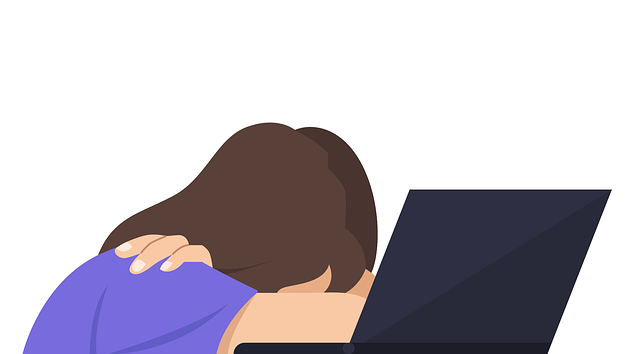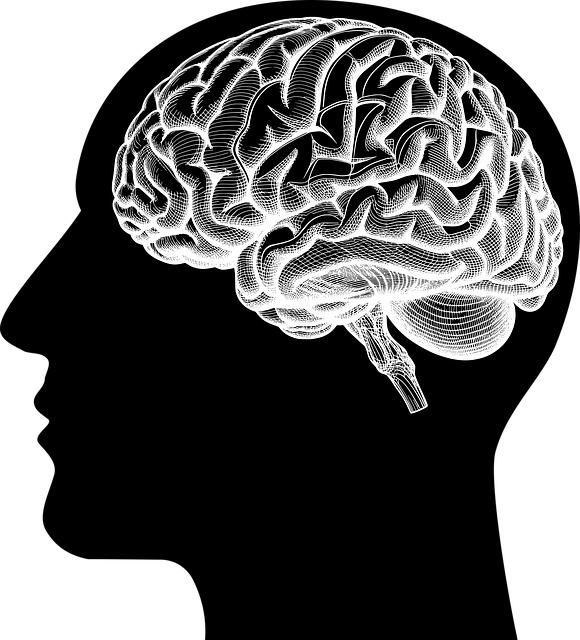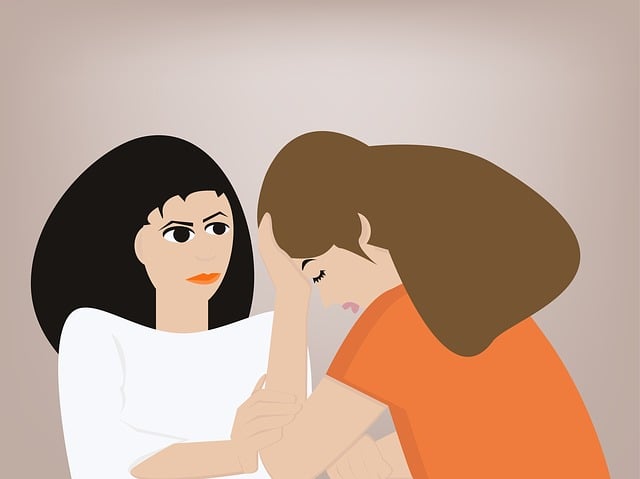Stress, left unmanaged, can lead to chronic issues affecting physical and mental health. Littleton Pain Management Therapy offers tailored strategies for anxiety relief and burnout prevention, emphasizing empathy-building techniques. Adopting a healthier lifestyle, including dietary changes, exercise, and quality sleep, is crucial for stress reduction. Relaxation techniques like meditation and yoga complement therapy, promoting mindfulness and emotional regulation. Holistic approaches, such as acupuncture, massage therapy, and nature therapy, gain popularity alongside traditional treatments in Littleton Pain Management Therapy for comprehensive mental wellness care.
Stress reduction is a vital aspect of maintaining overall well-being. In today’s fast-paced world, understanding the causes and effects of stress is the first step towards managing it effectively. This article explores comprehensive methods for stress relief, from lifestyle changes to holistic therapies. Discover how diet, exercise, relaxation techniques, therapy options, and nature-based treatments can empower you to take control. For personalized guidance in Littleton pain management therapy, these strategies offer a holistic approach to achieving a calmer mind and improved quality of life.
- Understanding Stress: Causes and Effects
- Lifestyle Changes for a Calmer Mind: Diet, Exercise, and Sleep
- The Power of Relaxation Techniques: Meditation, Deep Breathing, and Yoga
- Therapy Options for Effective Stress Management: Cognitive-Behavioral Therapy (CBT) and Others
- Holistic Approaches: Acupuncture, Massage, and Nature Therapy
Understanding Stress: Causes and Effects

Stress is a complex response that arises from various factors in our daily lives, and it can have significant effects on both mental and physical health. Understanding the causes and consequences of stress is the first step toward effective management. In today’s fast-paced world, numerous demands and responsibilities can lead to chronic stress if left unaddressed. Common triggers include work pressures, financial worries, relationship issues, or even major life changes.
The impact of prolonged stress can be far-reaching, manifesting as physical symptoms like headaches, muscle tension, and fatigue, as well as mental health concerns such as anxiety and depression. It can disrupt sleep patterns, impair concentration, and contribute to a sense of burnout. Littleton Pain Management Therapy recognizes these challenges and offers tailored strategies to combat stress, emphasizing the importance of holistic well-being, including empathy-building techniques for effective Anxiety Relief and Burnout Prevention.
Lifestyle Changes for a Calmer Mind: Diet, Exercise, and Sleep

Adopting a healthier lifestyle is a powerful tool for stress reduction and can have a profound impact on mental well-being. Diet plays a significant role in managing stress levels; incorporating nutrient-rich foods like fruits, vegetables, whole grains, and lean proteins can boost mood and energy. On the other hand, limiting caffeine and sugar intake may help regulate anxiety and promote better sleep patterns, which are essential for a calmer mind.
Regular exercise is another vital component of stress management. Physical activity stimulates the release of endorphins, often referred to as “feel-good” hormones, that can reduce tension and improve overall mood. Whether it’s a serene walk in nature or an intense workout session at a Littleton pain management therapy center, engaging in regular exercise can help individuals find clarity and tranquility amidst stressful situations. Prioritizing quality sleep is equally crucial; aiming for 7-9 hours of uninterrupted rest each night allows the body and mind to recharge, fostering resilience against daily stressors.
The Power of Relaxation Techniques: Meditation, Deep Breathing, and Yoga

Relaxation techniques like meditation, deep breathing, and yoga have been proven to be powerful tools for stress reduction, offering a holistic approach to well-being that can complement traditional Littleton Pain Management Therapy. These practices promote mindfulness, helping individuals to become more aware of their thoughts and feelings without judgment. By focusing on the present moment, practitioners can let go of anxious thoughts about the past or future, thereby reducing stress and cultivating a sense of calm.
Incorporating these techniques into daily routines can also serve as an effective burnout prevention strategy. Social Skills Training, while not directly mentioned here, can benefit from the improved focus and emotional regulation that come with regular practice. Mindfulness Meditation, in particular, has gained significant attention for its ability to enhance mental clarity and resilience, making it a valuable tool for navigating life’s challenges and maintaining overall mental health.
Therapy Options for Effective Stress Management: Cognitive-Behavioral Therapy (CBT) and Others

Stress management is a multifaceted approach, and therapy plays a pivotal role in helping individuals navigate their mental health journey. Among various therapeutic options, Cognitive-Behavioral Therapy (CBT) has emerged as an effective method for stress reduction. CBT focuses on identifying and changing negative thought patterns and behaviors, empowering individuals to cope with stressful situations more adaptively. This evidence-based practice teaches practical skills to challenge distorted thinking, thus reducing the emotional impact of stress. By understanding and modifying these cognitive processes, individuals can develop healthier responses, leading to improved overall well-being.
In addition to CBT, other therapeutic approaches like Mental Health Policy Analysis and Advocacy and Mental Illness Stigma Reduction Efforts contribute significantly to stress management. These strategies address broader systemic issues, ensuring better access to mental health services and fostering a more supportive environment. Incorporating Mind Over Matter principles can also be transformative, as it encourages individuals to harness the power of their minds to overcome challenges. Through these combined therapeutic methods, Littleton Pain Management Therapy offers comprehensive solutions for managing stress, catering to diverse needs and promoting long-term mental health.
Holistic Approaches: Acupuncture, Massage, and Nature Therapy

Holistic approaches to stress reduction have gained significant popularity alongside traditional treatments, offering a well-rounded approach to mental wellness. Acupuncture, for instance, involves inserting thin needles into specific points on the body to stimulate natural healing and promote balance. This ancient practice has been shown to effectively manage pain and reduce anxiety, making it a valuable addition to Littleton Pain Management Therapy options.
Similarly, massage therapy is another holistic method that targets both the mind and body. It helps alleviate tension and promotes relaxation through various techniques such as Swedish, deep tissue, or hot stone massage. Combining these sessions with mindfulness meditation and nature therapy can lead to substantial improvements in stress levels, enhancing overall mental wellness. Nature Therapy, in particular, encourages spending time outdoors, immersing oneself in natural environments, which has been scientifically proven to reduce symptoms of anxiety and depression, providing a serene escape from daily stressors.
Stress reduction is a holistic journey, and there’s no one-size-fits-all approach. Incorporating lifestyle changes, relaxation techniques, therapy, or holistic therapies like acupuncture and nature therapy can significantly enhance your well-being. Remember, seeking professional help, such as Littleton Pain Management Therapy, is also an effective step towards managing stress effectively and improving your overall quality of life. By understanding the root causes and employing a combination of these methods, you can navigate life’s challenges with greater resilience and peace of mind.
